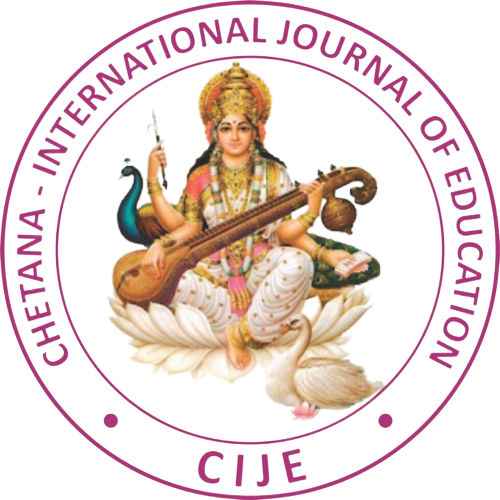Communicating Revolutionary Nationalism during Freedom Struggle: Content Analysis of ‘The Philosophy of the Bomb’
- View Abstract
- Download PDF
- Download Certificate
-
Published on: Mar 31, 2024
-
DOI: CIJE202491902
Shalini Joshi
Asst. Professor, Head, New Media Department, Haridev Joshi University of Journalism and Mass Communication, Khasa Kothi, M.I. Road, Jaipur, Pin-302001 Email-shalinidun@gmail.com, Mobile-7023699884
Indian freedom struggle is unique in the modern history of world in the sense that anti-colonial forces were fought both with violent and non-violent means simultaneously. Mahatma Gandhi emerged as the champion of ahimsa and satyagraha but there were leaders who considered his leadership and ideology submissive and passive. Chandrashekhar Azad, Bhagat Singh, Sukhdev, Ramprasad Bismil, Bhagvati Charan Vohra were at the forefront of this revolutionary nationalist ideology. They believed in confronting the British Raj through armed resistance without any kind of compromises. This research paper attempts to study the content and means through which revolutionary ideals were communicated at the mass level with special reference to ‘The Philosophy of the Bomb’. The Philosophy of the Bomb, a proscribed publication, though faded from the popular memory is considered as the magnum opus of the revolutionary stream of the freedom movement. Revolutionary freedom fighter Bhagwati Charan Vohra prepared this document in reply to Mahatma Gandhi’s article ‘The cult of the Bomb’. This is the most significant document to understand the thoughts, ideas and vision of the youth who were fighting largely lonely battles against the brutal colonial power. This paper reposits that the revolutionary leaders were not only fighting against the British raj but they were also aiming to bring radical changes in the society and economy and were on the path of establishing an egalitarian society free of cast, class, capitalism and communalism. Key Words: Communication, Revolutionary Nationalism, Freedom Struggle, Philosophy of the Bomb, Bhagwati Charan Vohra


